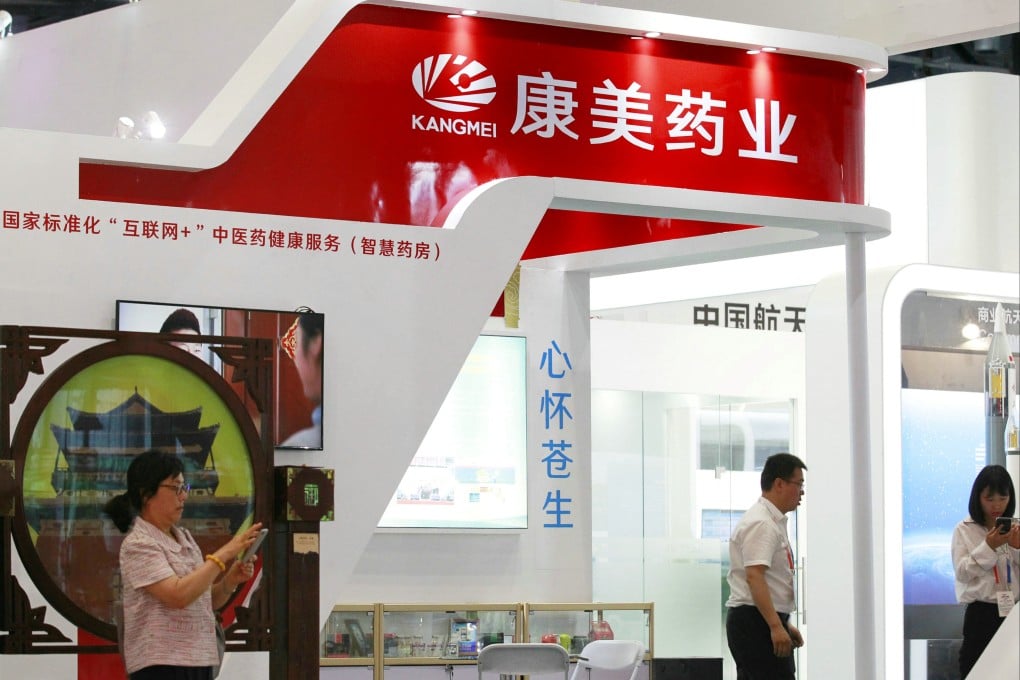The View | How learning from US best practices can aid China’s corporate fraud fight
- The trial over Kangmei Pharmaceutical’s financial practices and subsequent mass resignation of external directors from 24 listed companies shows the need for reform
- Capital markets remains one area where China can and should emulate the US despite all their tensions

Twelve Kangmei executives, including former chairman and general manager Ma Xingtian, were found guilty of doctoring financial statements, among other charges. Ma was sentenced to 12 years in prison.
In addition to the ruling that Kangmei must pay 55,326 investors a total of 2.46 billion yuan (US$384.8 million) to reimburse their losses, the court dropped a bombshell when it ruled that five independent directors, four of whom teach at universities, were each liable for between 5 and 10 per cent of the penalty. This is equivalent to 123 million to 246 million yuan, an amount that far exceeds their director fees or teaching salaries.
The system was introduced in 2001 as part of a plan to improve governance of public companies. China’s securities regulator then published a set of guidelines making independent directors a mandatory component of public companies’ governance structure.
